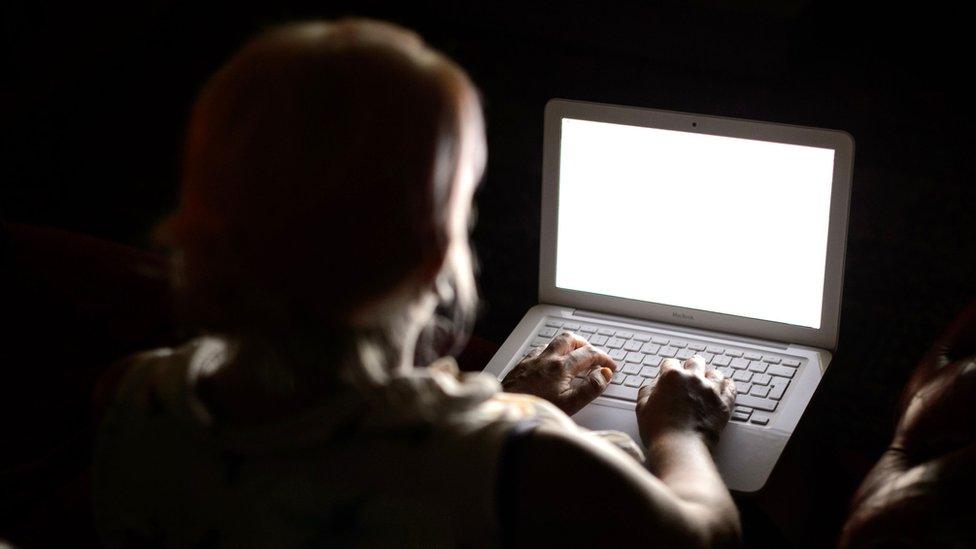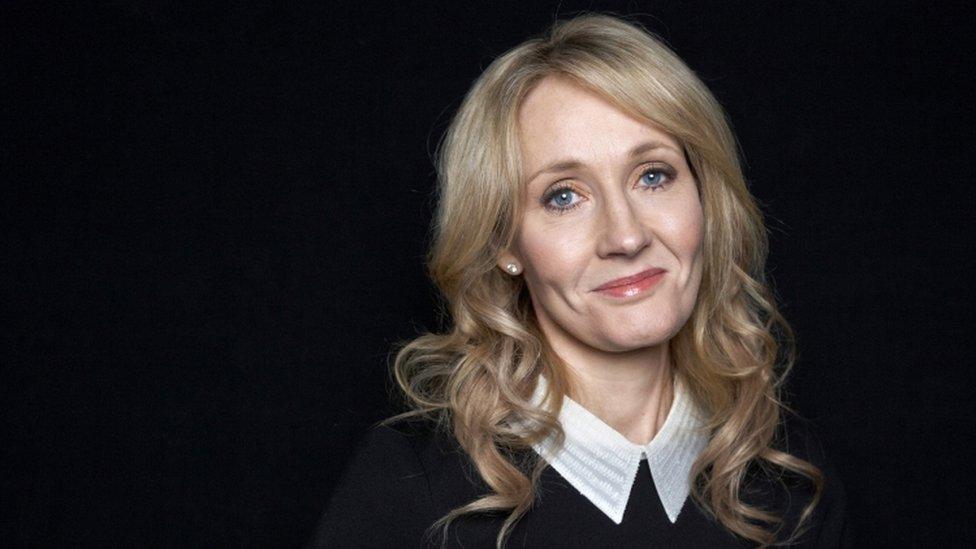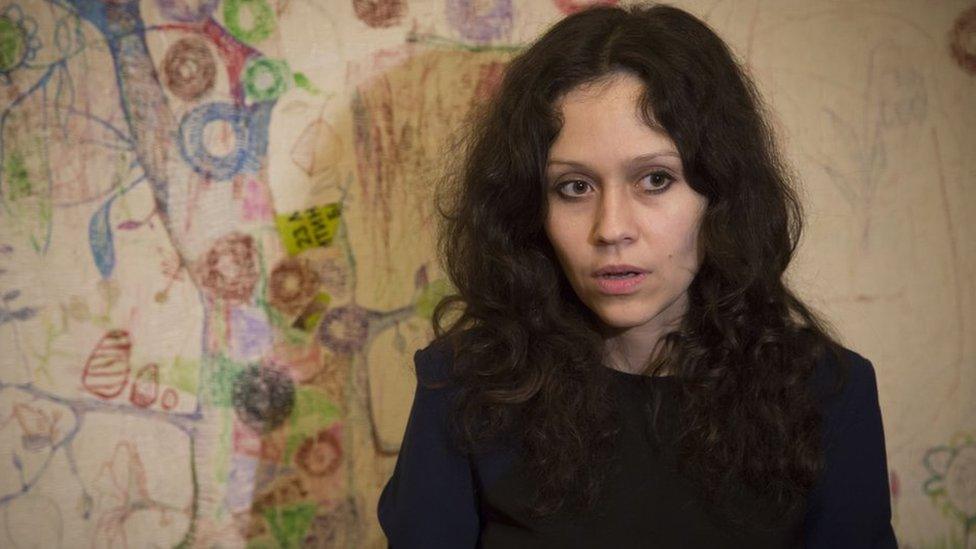CPS to prosecute 'trolls' who use fake online profiles
- Published

Lawyers will be advised to prosecute "trolls" who use fake online profiles to harass others, under guidelines being proposed in England and Wales.
The Crown Prosecution Service says adults should be charged if, for example, they make a profile in the name of a victim with fake information which could damage their reputation.
The guidelines also include advice on new crimes such as revenge pornography.
The CPS guidelines advise prosecutors on how to interpret existing laws.
A six-week consultation on the proposed changes has now started.
'Deeply upsetting'
"It is vital that prosecutors consider the bigger picture when looking at evidence and examine both the online and offline behaviour pattern of the defendant," said director of public prosecutions Alison Saunders.
"Online abuse is cowardly and can be deeply upsetting to the victim."
Fake accounts and websites can be used by those posing as their victims to post embarrassing messages or pictures.
This "may amount to an offence, such as grossly offensive communication or harassment", the CPS said.
Pictures of Folami Prehaye were shared on pornographic sites
Imposters have set up false accounts to discredit former partners, and attract new ones - a practice known as Catfishing.
Fraudsters have also set up fake LinkedIn profiles, in an attempt to harvest the personal details of legitimate users.
Facebook estimated in 2012 that it had tens of millions of illegitimate accounts.
'Unpopular opinions'
The CPS is advising its prosecutors to be prepared to charge under existing laws if a case falls into one of three categories:
Category 1: when online activity results in a credible threat to an individual
Category 2: when someone is specifically targeted for harassment, stalking, so-called revenge porn or coercive behaviour to former partners or family members
Category 3: cases resulting in breaches of a court order
However, the guidance also sets out less serious situations where prosecutions should be considered under a fourth category: where a false identity is used to post upsetting messages, including false information that could cause anxiety.
Ms Saunders said there must be a balance between prosecuting people for malicious communications and protecting free speech - and only "grossly offensive" material could lead to prosecution.
The CPS has said children should rarely be prosecuted, because of their lack of adult judgement.
Prosecutions for online activity could be brought under a number of laws, including the Criminal Justice and Courts Act 2015, external, which created a new offence of revenge pornography to prosecute people who post sexual images of others online without permission.
- Published2 January 2016

- Published29 January 2016

- Published18 August 2015

- Published6 July 2015
